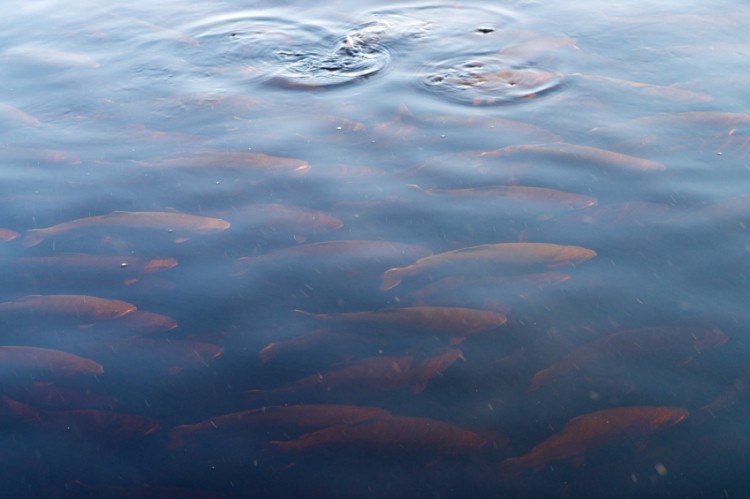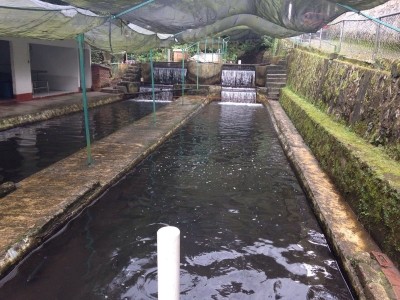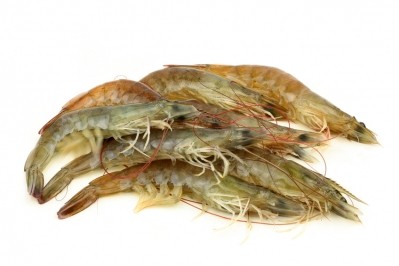Zeigler seeks to improve aquaculture feed, health management with new facility

The Pennsylvania-based aquaculture and specialty feed company announced recently that it is opening a new research center, Z-ARC, at Florida Atlantic University Harbor Branch Oceanographic Institute.
The company has long been interested in research and development of new products, said Craig Browdy, director of research and development. The new facility will allow for that work to be done more quickly and on a larger scale.
“Feed companies are consolidating and getting bigger – to compete we have to be faster, and more nimble, and more able to innovate, which is why we are making this investment,” he told FeedNavigator. “Building this animal testing facility in-house, we hope to be able to come up with some neat stuff.”
The focus of the work is on high quality and specialty feeds and premixes, he said, and on feeds and additives for hatcheries.
Research focus
The new facility has already started some research work improving feed products, said Browdy. Most of the current work is focused on improving feed and products that the company already has.
“We’ve been building the systems and testing them for a few months already,” he said. “We’ve got quite a few studies completed and ongoing at the lab now.”
One project that has moved into the post-lab testing phase offers an improved feed for shrimp brood stock, he said. The lab tests looked at enhancing the feed’s attractability, durability and nutrition.
It was designed to offer an option for producers looking for a bio-secure feed for maturation systems, he said. “Right now they’re looking for feeds that are bio-secure, so they don’t have rely on frozen feeds that can bring in disease,” he added.
The company also has been developing some new technologies for use in closed production, like re-circulating shrimp systems and fish raceway or nursery systems, he said.
“Our contribution has to do with the feeding programs for these systems,” he said. “There’s a lot of feed input into the system, and we are designing feeds to be highly digestible to control the waste in the system. The way we do that is our precision feeding program, which focuses on having digestible feeds that can have low feed conversion ratios while maximizing growth and survival with better water quality.”
Developing and testing new feed ingredients and additives to be used in those diets will be another area of research for the new center, he said.
The collaborative lab also will have the ability to work with researchers from Florida Atlantic University Harbor Branch Aquatic Animal Health Laboratory, he said.
“Together with Susan Laramore we’re working to develop bio-assay challenge systems to look at the effect of nutrition on health, and to work on effects of nutrition and new ingredients so you can test ingredients that could enhance the animals’ health and control disease,” he said.
Facility details
The new laboratory set up is in the Harbor Branch facilities, said Browdy. It offers researchers the chance to run several experiments at once and manage fish or shrimp in multiple life stages.
“We put in some upgrades to sea water polishing for that particular lab,” he said. “We have very clean and temperature controlled sea water systems and ambient temperature controls in the laboratory.”
The space will allow for multiple replications of experiments to be run at once, improving the depth of data generated, he said. “We have 150 aquaria, which allows us to simultaneously run a large number of replications and learn more quickly,” he added.







